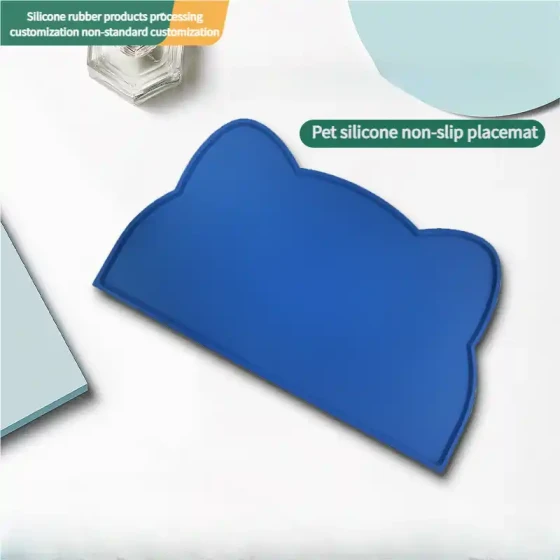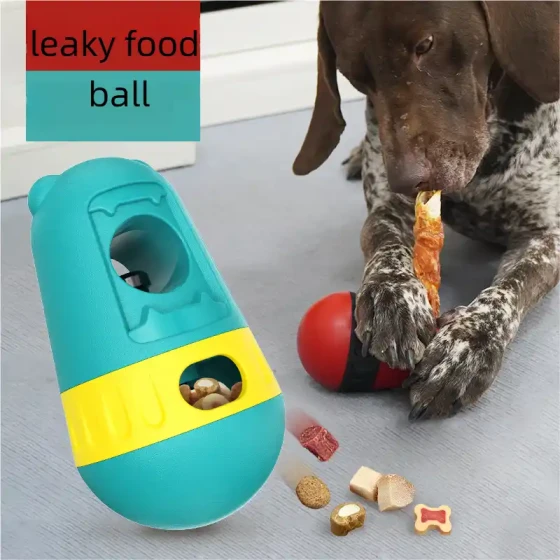The Harm of Excessive Calcium Supplementation to Dogs

Yorkshire Terrier (detailed introduction)
Many owners advocate calcium supplementation for dogs, especially during their rapid growth period in youth, requiring extra nutrients to maintain bone development. But should we give dogs calcium supplements long-term? What are the specifics?
Excessive calcium supplementation is not only wasteful but also harms dogs.
In the short term, oral intake of too much calcium mostly passes out through feces, mainly increasing the gastrointestinal burden on dogs. Except for a few dogs that may experience mild symptoms such as anorexia, constipation, or indigestion, generally no severe reactions occur.
Long-term excessive calcium supplementation may have the following harms:
1. Causes long-term hypercalciuria, increasing the chance of urinary system stones.
2. Leads to premature cartilage calcification, early closure of the anterior fontanelle, resulting in microcephaly and restricting brain development.
3. Premature bone calcification and early closure of growth plates affect the development of long bones and limit final height.
4. Excess calcium in bones makes bone tissue brittle, prone to fractures.
5. Affects dogs' appetite, thus impairing intestinal absorption of other nutrients.
6. Excess calcium in the intestines inhibits absorption of divalent ions like iron and zinc, causing secondary zinc and iron deficiency, leading to decreased immunity, anorexia, slow growth, anemia, fatigue, and related symptoms in dogs.
7. High blood calcium concentration causes calcium deposits in viscera or tissues; deposits around the cornea affect vision, those on heart valves impact heart function, and those on vascular walls exacerbate arteriosclerosis.
How to determine calcium overdose
Determining whether a dog is overdosed on calcium mainly depends on feeding history—whether blind supplementation, repetitive supplementation, or overdose of vitamin D preparations occurred; these are the prerequisites for diagnosing calcium overdose. Secondly, combined bone X-ray examination for early bone age, abnormal tissue calcification, and urine calcium tests to check for excess calcium.
How to correct calcium overdose
Once calcium overdose is found, supplementation should be stopped or the dosage adjusted timely. Usually, once calcium and vitamin D dosages are properly adjusted, symptoms of calcium overdose dissipate quickly. However, once bone calcification forms, there is often no effective way to remove it. Avoiding further excessive calcium and vitamin D supplements may be the best measure to delay further calcification.
Two issues to note about calcium supplementation
1. Absorption of calcium is most important
Calcium absorption does not simply follow the principle of “the more you supplement, the more you absorb.” The amount absorbed in the gastrointestinal tract mainly depends on the dog's current calcium nutritional status and is regulated by activated vitamin D hormones and parathyroid hormone.
Vitamin D promotes intestinal calcium absorption. When vitamin D is deficient, no matter how much calcium is supplemented, absorption will be poor. Vitamin D also inhibits renal calcium excretion and promotes decalcification of old bone.
2. Food-based calcium supplementation is safest.
Generally, food-based calcium supplementation is safer than medicinal supplementation. Normal diet intake will not cause calcium overdose. Besides dairy products, soy products, dried shrimp, fish meat, and other foods can supplement calcium. Sun exposure and outdoor exercise help calcium absorption and utilization and are among the safe supplementation methods.
This fully illustrates that money cannot buy health; careful care combined with a healthy diet not only saves a lot of money but also brings health to your dog. Blindly supplementing calcium brings irreparable harm to dogs.





